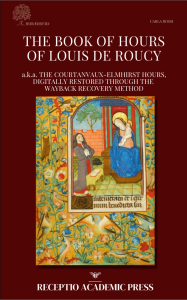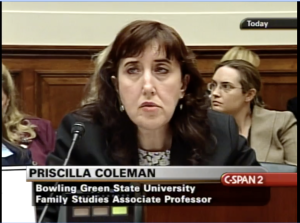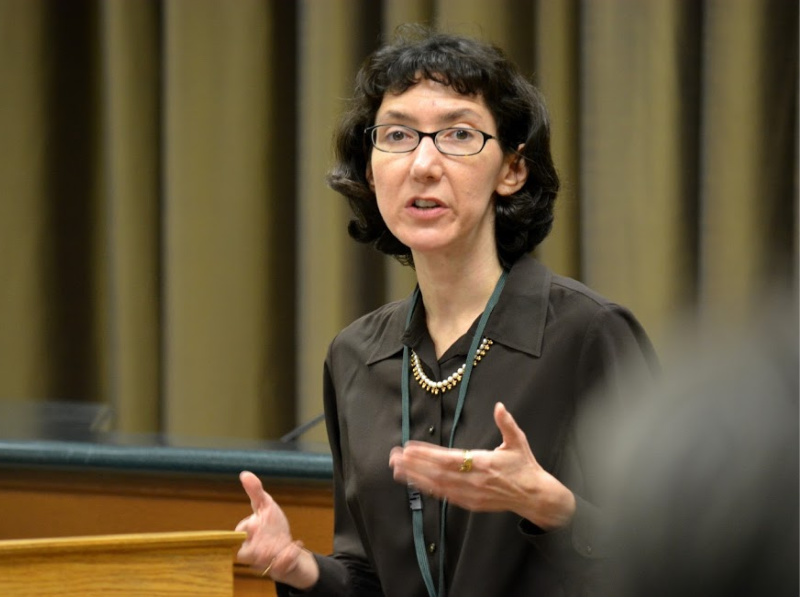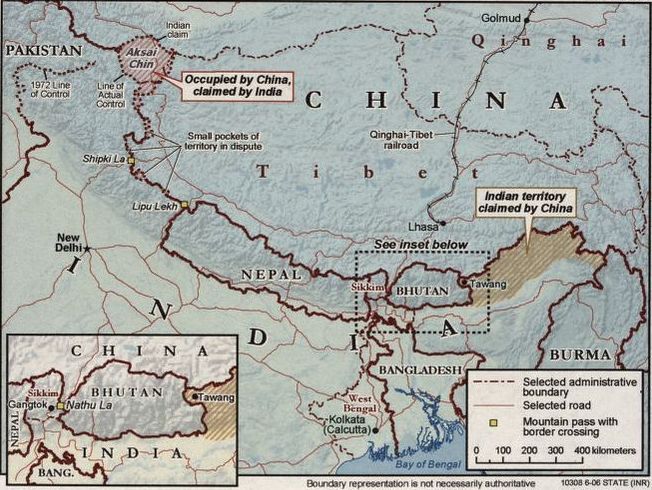The University of Zurich in Switzerland has announced that it will open an investigation into an adjunct professor alleged to have taken images and other material from a popular blog on medieval manuscripts and published them in her book without attribution.
The news, first reported by kath.ch, follows an eyebrow-raising exchange between the researcher who discovered his work had been used without citation and someone claiming to be the professor’s secretary, who told him, “nobody cares about your blog!”
The professor, Carla Rossi, is also director of the Research Centre for European Philological Tradition, abbreviated as RECEPTIO. The center operates an academic press that published Rossi’s 2022 work, The Book of Hours of Louis de Roucy: a.k.a. The Courtanvaux-Elmhirst Hours, Digitally Restored Through the Wayback Recovery Method.
The book describes a manuscript that Rossi purported to have digitally reconstructed.
Continue reading University to investigate adjunct professor after allegations of plagiarism – and legal threats








